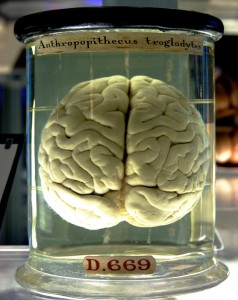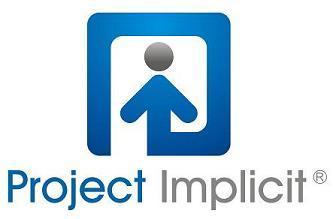Although we all like to consider ourselves completely objective, we each are prey to a whole host of assumptions, thought patterns and preferences that affect our decisions and our judgement, often without us even realising it.
 This ‘unconscious bias’ refers to the stereotypes and categories we assign to things (often to people), that help us to quickly understand the world around us. Our individual bias is based on the influence of our families, our culture and our own past experiences.
This ‘unconscious bias’ refers to the stereotypes and categories we assign to things (often to people), that help us to quickly understand the world around us. Our individual bias is based on the influence of our families, our culture and our own past experiences.
The societal effects of this type of stereotyping and bias in the workplace is explored in this episode of the Women in Leadership podcast. In this example, unconscious bias becomes evident during the hiring process when interviewers tend favour people ‘like them’, disregarding a more objective comparison of candidates’ skills and merits.
An extremely useful tool from a survival standpoint, unconscious bias is a reaction to the phenomenal amount of information our brains needs to process every day. It functions as a ‘cognitive shortcut’ that allows us to make assumptions based on previous experiences and reach decisions faster.
We don’t see things as they are, we see them as we are.
Anaïs Nin
As a designer, jumping to conclusions before you have thoroughly investigated the painpoints, needs and desires of your product’s actual users is disastrous. We miss opportunities to solve real problems and instead, create designs in our own image. If you have ever found yourself thinking “old people won’t know how to do that” or “people from Cork like this kind of thing”, you may have fallen prey to unconscious bias during the design process.
Examining and understanding your unconscious bias is the first step in becoming a better, more empathic and more effective designer.
 Luckily the first step is easy enough – researchers in Harvard, the University of Virginia and the University of Washington have created a series of online tests in order to study and understand this phenomenon. Visit Project Implicit to test your own unconscious bias now.
Luckily the first step is easy enough – researchers in Harvard, the University of Virginia and the University of Washington have created a series of online tests in order to study and understand this phenomenon. Visit Project Implicit to test your own unconscious bias now.
